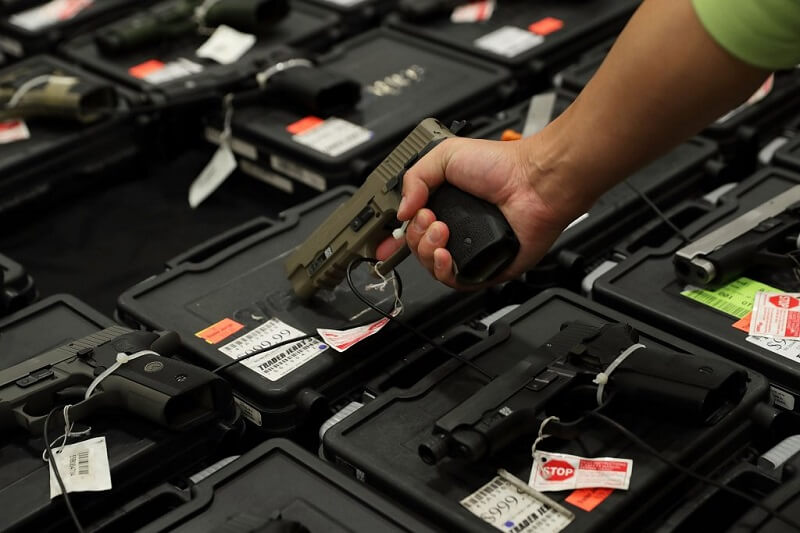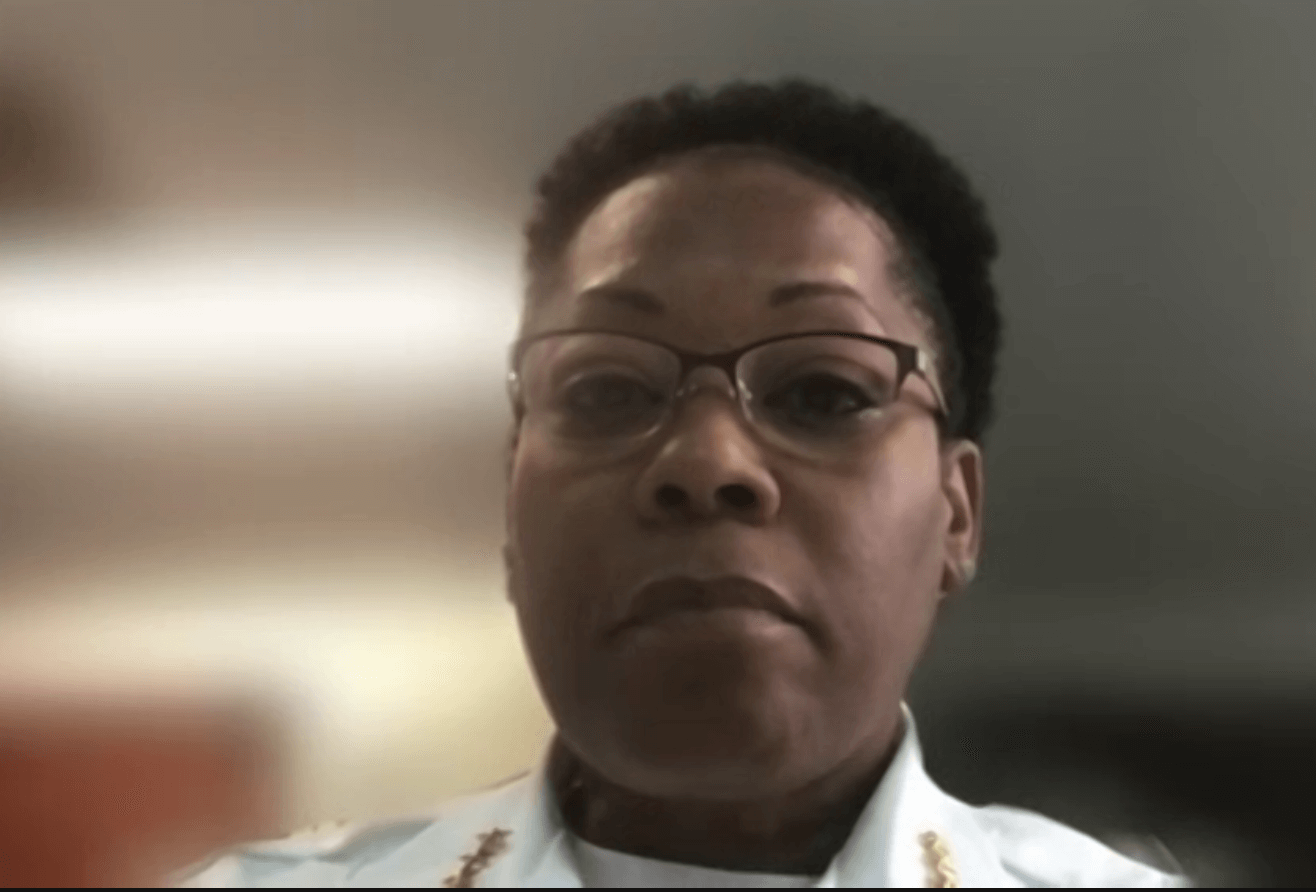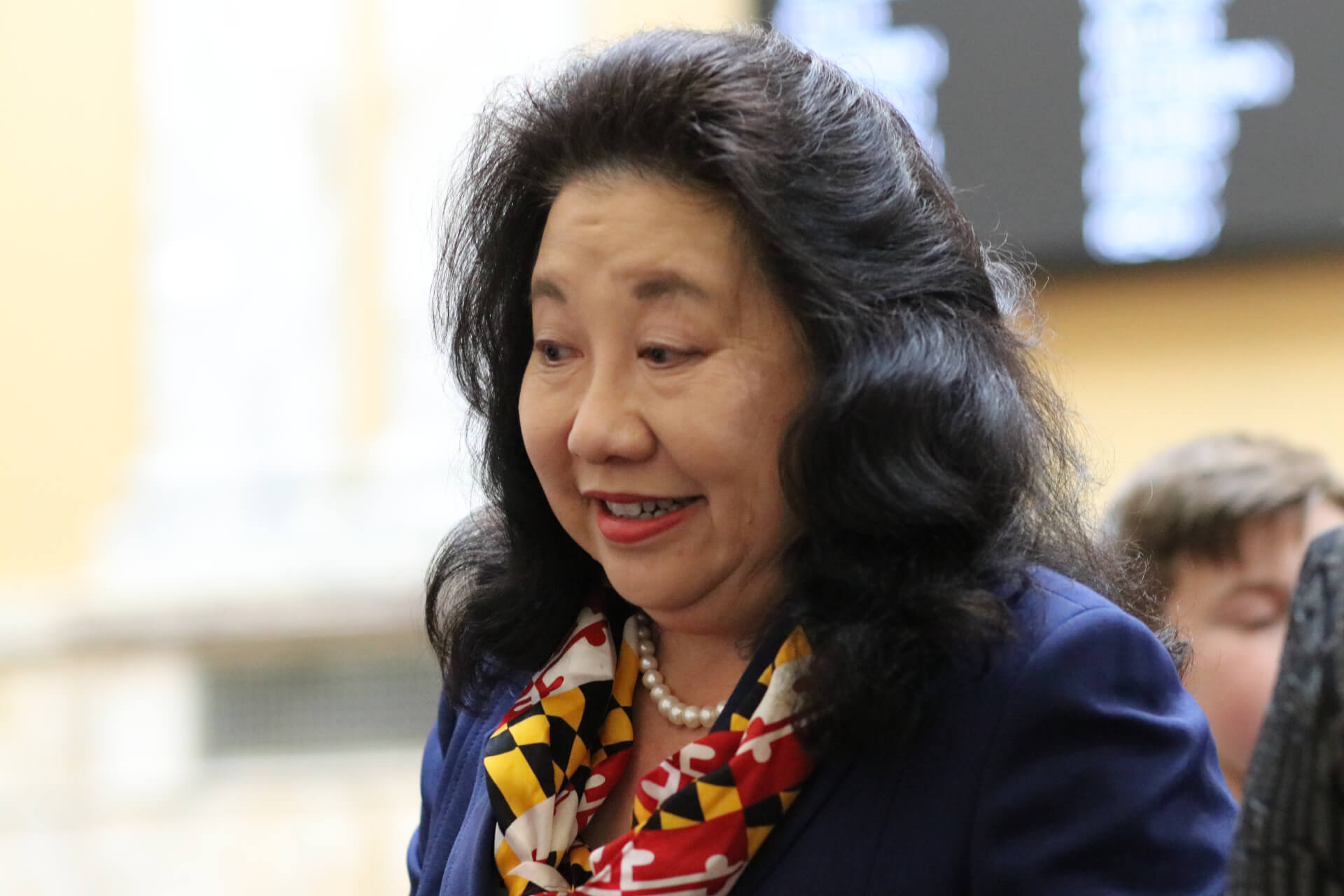
By Arkaprava Deb
The writer is a psychiatrist and preventive medicine physician in Baltimore. He is also the co-chair for Doctors for America’s Gun Violence Prevention Committee, director of public psychiatry education at SUNY Downstate College of Medicine in Brooklyn, New York, and director of psychiatric services at The Door in New York City.
A recent arrest in North Baltimore found a supply of 15 guns and 40 ghost guns along with significant psychedelics and opioids. From a public health standpoint, ghost guns are an especially concerning find from the arrest.
Ghost guns are firearms that can be made by consumers after the purchase of assembly “kits” and completing home assembly. In Maryland and most other states, ghost guns do not require background checks or serial numbers. Given the kits can be ordered online without divulging much more than a shipping address and a payment source, ghost gun purchases can undo safety measures like extreme risk protection orders. Once assembled, and without serial numbers, ghost guns can pass person to person and across cities and states without a trace.
Predictably, some of these ghost guns cause trauma, injury and death.
Some say the ghost gun violence epidemic is coming. I’m worried the epidemic may already be here and we are waiting to discover the worst of it. There is evidence of a latent accumulation of ghost guns in American cities.
The Johns Hopkins Bloomberg School of Public Health’s Center for Gun Violence Prevention and Policy has found that the Federal Bureau of Alcohol, Tobacco and Firearms (ATF) received almost 24,000 reports of ghost guns associated with crimes from 2015 through 2020. The ATF has been able to trace less than 1% of them. The police in Baltimore and other major cities have reported significant increases in the recovery of these guns in recent years.
There are reports that the Baltimore Police Department recovered 29 ghost guns in 2019 and 120 ghost guns in 2020. Our neighbor city, Washington, D.C., is also experiencing this. “Before 2017, D.C. police had never recovered a ghost gun. In 2017, they recovered three such firearms and, in 2019, that number rose to 116. Three of those firearms were used in homicide cases.” It stands to reason that police have not recovered 100% of ghost guns. Therefore, these recent Baltimore and Washington numbers should be considered an underestimate.
Given the magnitude of the problem, an important policy intervention under consideration is to require ghost guns to have serial numbers. This will create accountability by tracking the source of criminally possessed ghost guns. This tracking capability should deter those who are already restricted from possession as well as “straw purchasers,” or consumers who buy ghost guns with the intent of transferring them to those who are prohibited from purchase.
It is reassuring to see the ATF has proposed a nationwide requirement for serial numbers on ghost guns through their Notice of Proposed Rule Making released in May. This is a reversal of the agency’s previous position on ghost guns. After a public comment period and a subsequent review of the comments by the agency, a federal proposed rule can go into effect and be enforced nationwide.
This proposed rule would be part of the executive branch’s interpretation of the Gun Control Act of 1968. Anyone who sees the public health benefits from having serial numbers on all ghost guns can show the ATF support for its proposed rule by submitting a public comment here by Thursday, Aug. 19. Agencies are required to look at all comments so public feedback can have an impact.
Serial numbers on ghost guns are only one policy option.
When implemented in combination with other Maryland laws for firearm safety (including extreme risk protection orders, child access prevention laws and background checks), the serial numbers on ghost guns become very important.
Baltimore’s relationship with the federal government is critical here, specifically the ATF. As local gun violence crime can be traced to illegally transferred or transported weapons (including across state lines), the ATF has the jurisdiction and resources to investigate such weapon movements.
Baltimore City residents can hope the city’s police department and the ATF can collaborate to stem the movement of illegal firearms into the city. Given gun violence is endemic to Baltimore (especially its young African-American male population), ATF actions can have significant implications for Baltimore’s general health and our racial disparities for health.
Baltimore must vigilantly monitor and act to mitigate the ghost gun violence epidemic. However, existing Maryland laws and the prospects for the city to work with the ATF can give residents some optimism going forward.




 Creative Commons Attribution
Creative Commons Attribution